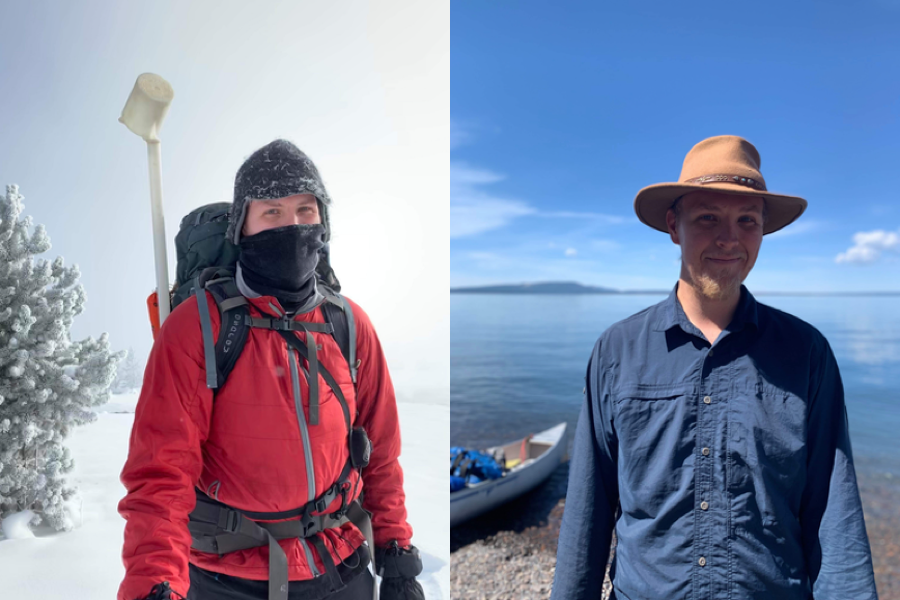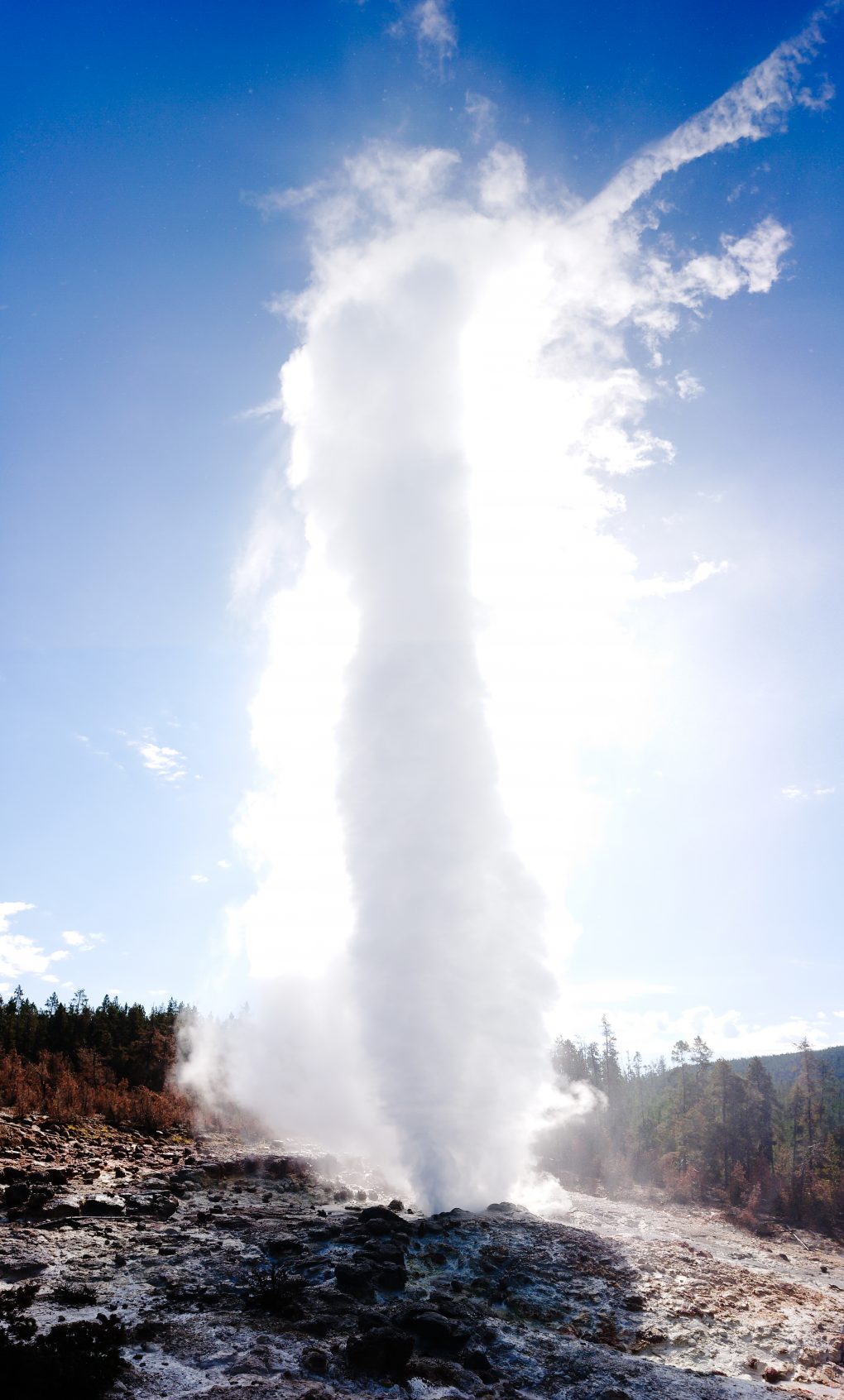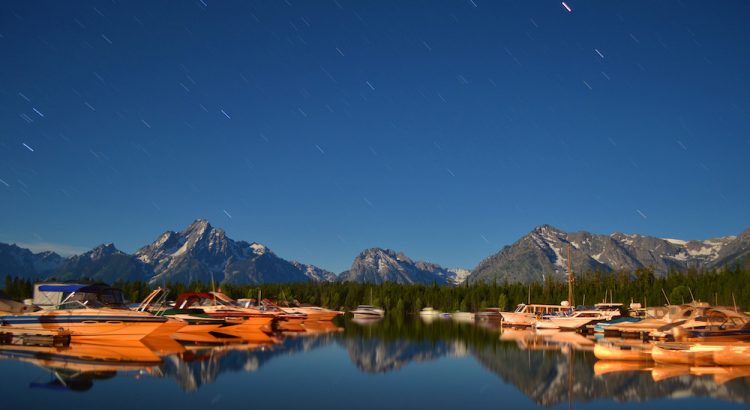Podcast: Play in new window | Download
Subscribe: Spotify | Email | TuneIn | RSS
It’s 6 AM and you wake up as the crickets grow quiet and dawn illuminates your tent. After cooking breakfast over a campfire, you load a backpack and hike seven miles into a canyon.
That’s when the science begins…
Camp, Sample…
When people think of science, they often conjure images of lab coats, chalk boards, and beaker-lined shelves. But for field scientists, the lab looks less like a soapstone bench and more like a frosty taiga, steamy rainforest, or bubbling hot-spring.
This week, we talk with Vince Debes, a field-work researcher who studies extremophiles in Yellowstone National Park.

He explains his research, including why sampling hot springs helps his lab understand which organisms will ‘come to the table’ given the chemicals and compounds available in the soup.
We also learn about what it takes to plan and execute a research program in the field, where weather, broken equipment, and wild animals can interrupt and alter your research protocol.

Finally, Vince describes the traits and skills unique to making a scientist who can succeed at field work. It’s an odd combination of planning and improvisation: knowing the precise steps you’ll need to take, and adjusting your experiment when the environment forces a change.
Here are some resources mentioned in the show:
Group Exploring Organic Processes in Geochemistry(GEOPIG) at Arizona State University
Death in Yellowstone: Accidents and Foolhardiness in the First National Park
Science in the News on Amphibian Parenting Practices
…And Two Smoking Barrels
A fire in 1910 caused the Old Forester distillery halt plans for bottling, and instead move the whiskey to a second barrel. The distinctive flavor led to this week’s ethanol selection: the Old Forester 1910 Old Fine Whiskey.
Like in 1910, the whiskey (or is it bourbon?) is barreled a second time for a smoother, sweeter flavor.
We’re still waiting on the release of a quadruple-barreled option!

